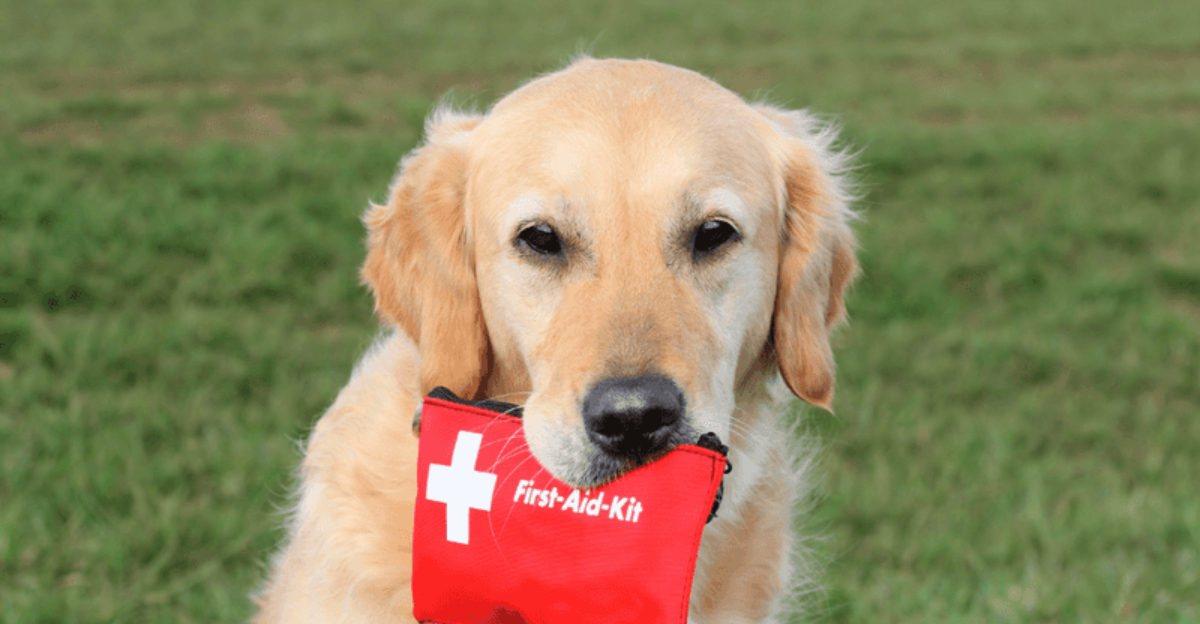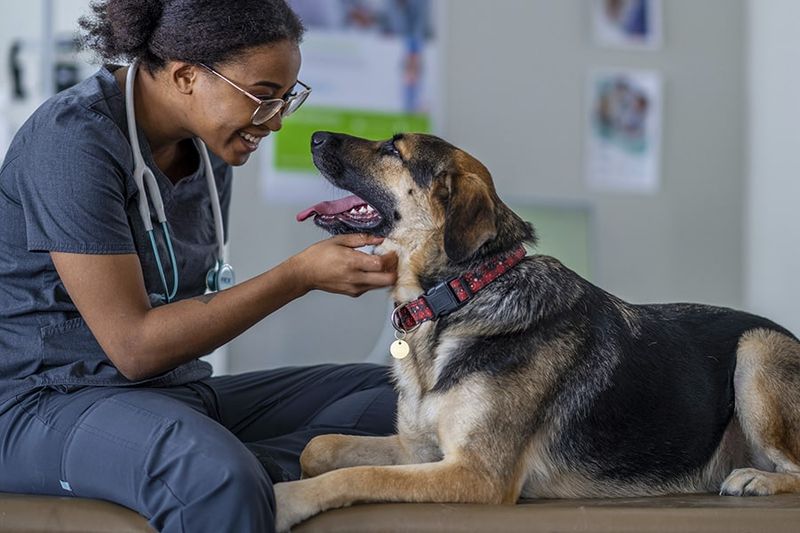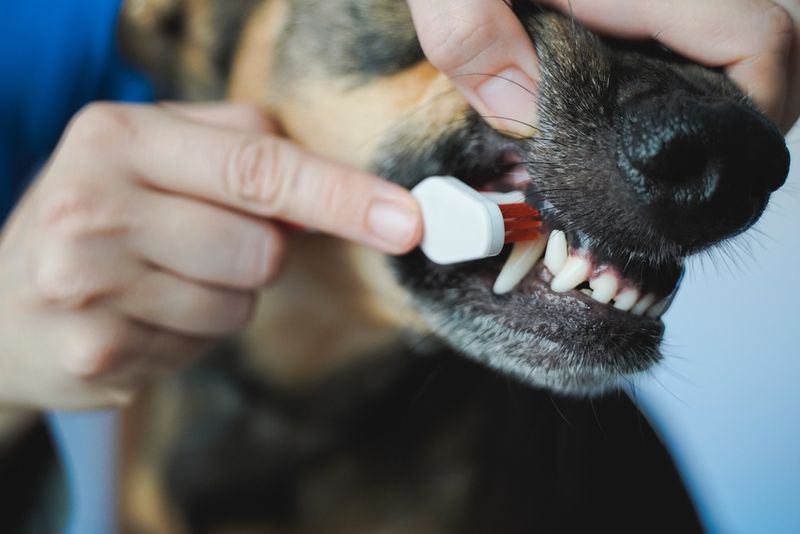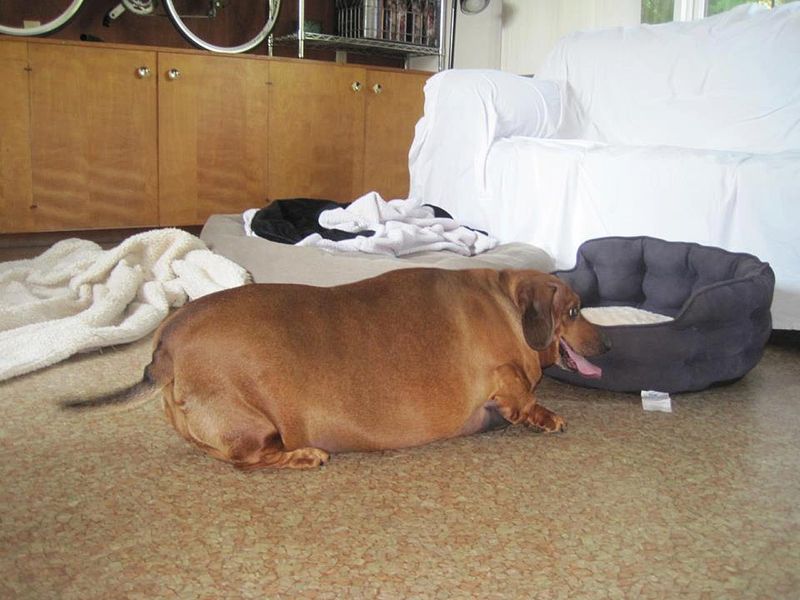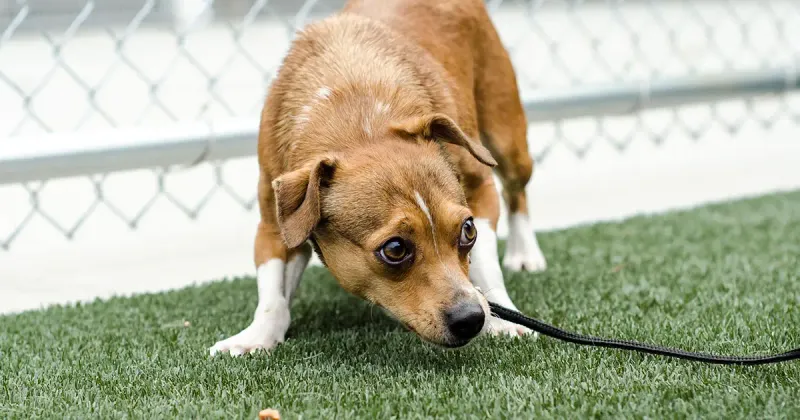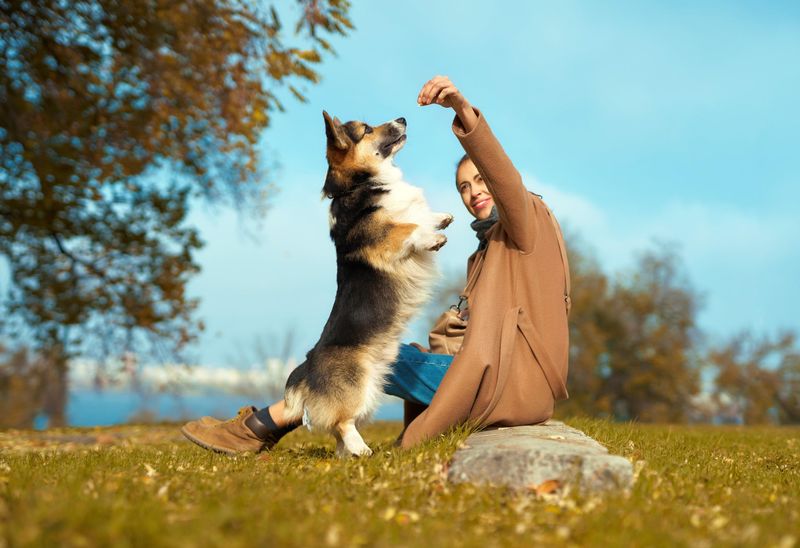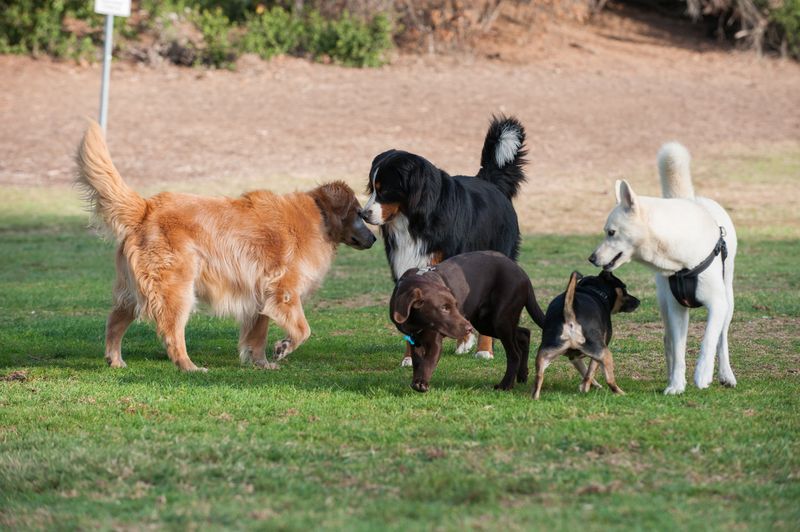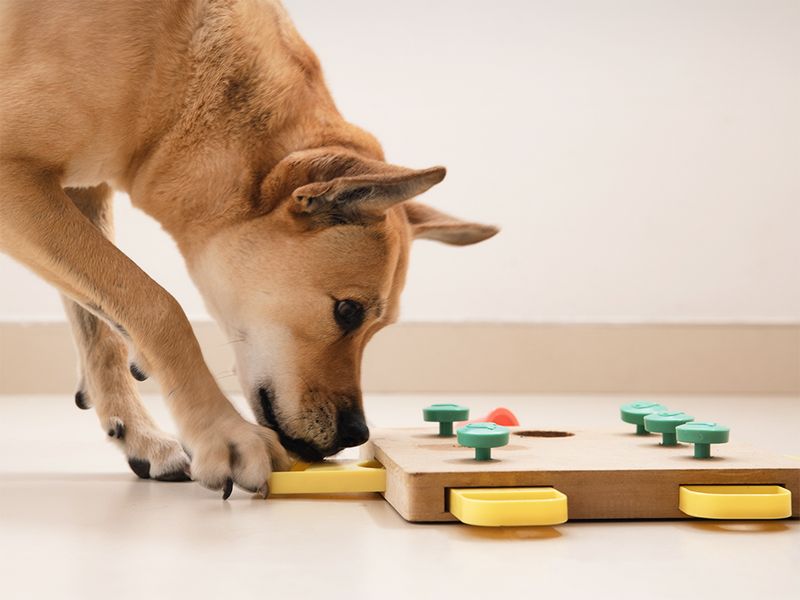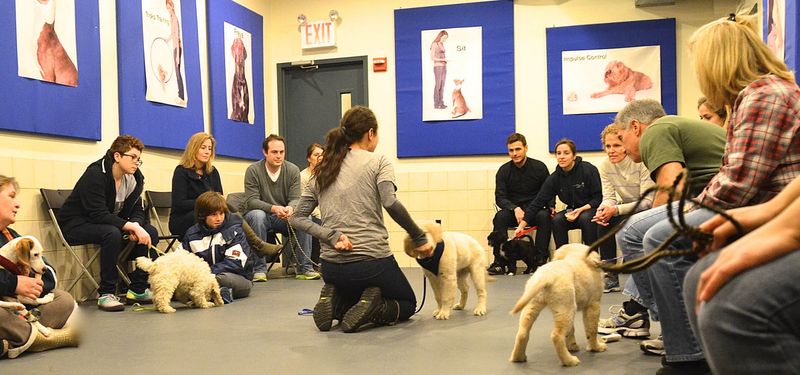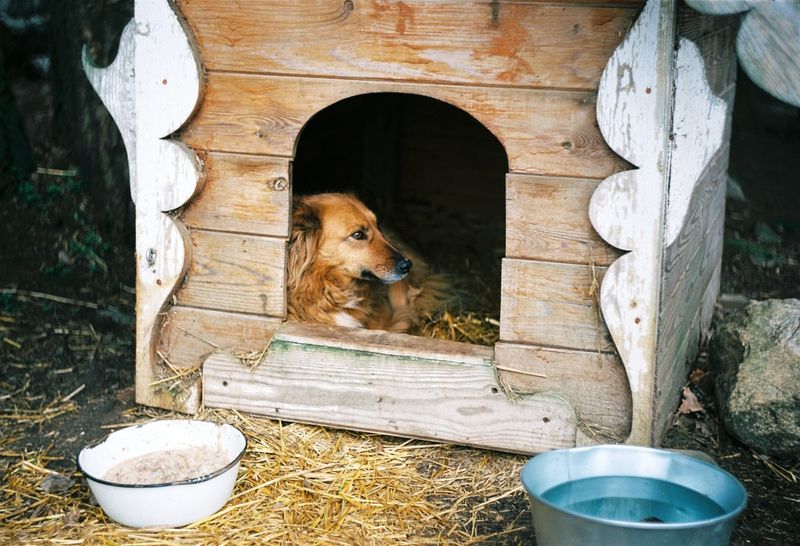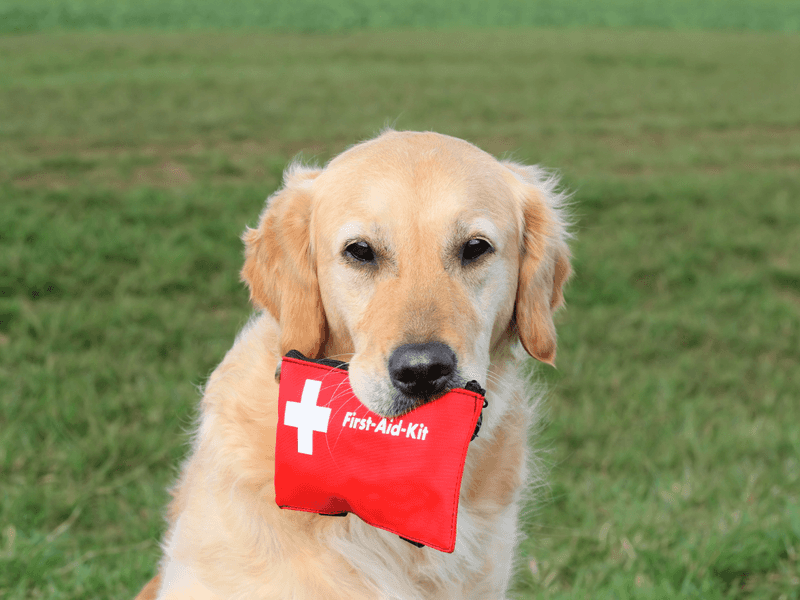Owning a dog can be one of the most rewarding experiences. However, even the most loving owners can unknowingly make mistakes that affect their furry friends’ well-being. Let’s explore 15 common mistakes dog owners often make and how to avoid them.
Skipping Regular Vet Visits
Regular vet visits are crucial for your dog’s health. Skipping them can lead to unnoticed health issues. Imagine a dog as a car; regular check-ups keep it running smoothly. During these visits, vets can spot potential problems early, ensuring your furry friend’s longevity. It’s not just about vaccinations; it’s about overall wellness. Building a relationship with a vet allows for personalized care. In busy lives, appointments might be missed, but setting reminders can help. Embrace these visits as an opportunity to learn about your dog’s health needs.
Neglecting Dental Care
Think about your morning routine. Brushing teeth is non-negotiable, right? The same should apply to your dog. Many owners neglect this aspect, leading to dental issues like gum disease. Regular brushing can prevent these problems, ensuring fresher breath and better health. It’s more than just aesthetics; poor dental hygiene can affect organs. Teeth-friendly toys and treats can support oral care. Start slowly, introduce a brushing routine, and make it a bonding experience. Remember, those pearly whites need care too!
Overfeeding and Lack of Exercise
Overfeeding is a common mistake with significant consequences. Coupled with lack of exercise, it can lead to obesity. Imagine your dog struggling to play, weighed down by extra pounds. Portion control and regular exercise are key. Consult with a vet to determine the right diet plan. Small changes, like daily walks or playtime, make a big difference. A healthy dog is a happy dog. Keep meals balanced and activities fun, your furry friend will thank you with wagging tails and playful barks.
Ignoring Behavioral Signs
Dogs communicate through behavior. Ignoring these signals can lead to bigger issues. Maybe it’s a bark, a whine, or a tail wagging in a certain way. Understanding these signs fosters a better relationship. It’s like learning a new language, one that strengthens bonds. A sudden change in behavior might indicate health problems. Paying attention to these cues can prevent misunderstandings. Spend time observing and interacting with your dog. It’ll make for a harmonious household.
Using Harsh Training Methods
Training should be a positive experience. Harsh methods can harm your dog’s mental health. Imagine learning with fear instead of encouragement. Positive reinforcement builds trust and promotes faster learning. Treats, praise, and consistency are the key components. Training should be fun, not stressful. Your dog will appreciate patience and kindness over punishment. It builds a lifelong bond, ensuring a well-behaved companion.
Leaving Dogs Alone for Too Long
Dogs are social animals, thriving on companionship. Leaving them alone for extended periods can lead to anxiety. Picture a lonely dog, longing for its human. Separation anxiety is real. Interactive toys, a comfortable space, and occasional pet sitters can alleviate this. Your presence matters more than you think. Consider your dog’s social needs. A well-adjusted dog is happier and healthier. Balance alone time with engaging activities.
Inconsistent Rules and Boundaries
Consistency is key in a dog’s world. Mixed signals can confuse and stress them. Imagine a child not knowing when bedtime is, resulting in restless nights. Clear rules create a sense of security. Decide on boundaries and stick to them, whether it’s furniture access or feeding schedules. A consistent routine helps dogs understand what’s expected. It reduces anxiety and enhances obedience, creating harmony at home.
Lack of Socialization
Socialization is vital for a well-rounded dog. Without it, fear and aggression can develop. Think of a child not exposed to different environments, leading to shyness. Introduce your dog to various situations, people, and other animals. It builds confidence and reduces fear-based reactions. A well-socialized dog enjoys more activities and is easier to manage. Start young and make it enjoyable, it’s an investment in your dog’s happiness.
Not Providing Mental Stimulation
Dogs need mental as well as physical exercise. Neglect can lead to boredom and destructive behavior. Imagine being stuck in a room with nothing to challenge your mind. Puzzle toys, new games, and training sessions stimulate your dog’s intellect. It keeps them engaged and happy. A mentally fulfilled dog is less likely to develop behavioral issues. Make their environment rich with fun and learning opportunities.
Ignoring Breed Specific Needs
Every breed has unique needs. Ignoring them can lead to frustration. Imagine a Husky without adequate exercise, pacing restlessly indoors. Research your breed’s traits and cater to those requirements. It could be exercise, diet, or social needs. Understanding your dog’s instincts ensures a harmonious life. It fosters a fulfilling relationship built on recognition and respect.
Skipping Puppy Training Classes
Puppy training classes lay the foundation for well-behaved dogs. Skipping them can lead to future challenges. Think of it as early education, essential for growth. Professional guidance instills good habits and social skills. Playful learning fosters a positive environment. Investing time in these classes leads to a lifetime of joy and cooperation. It’s a journey worth taking for both you and your pup.
Providing Inadequate Shelter
Shelter is more than just a roof. It’s comfort and protection. Picture a dog shivering in the rain, lacking a safe haven. A well-insulated doghouse provides security from weather extremes. Ensure it suits your dog’s size and specific needs. Proper shelter enhances your dog’s quality of life. It’s a comfort zone they can call their own, a refuge from the elements.
Neglecting Grooming Needs
Grooming is essential for health and hygiene. Neglect can lead to matting and skin issues. Imagine your hair never being brushed, resulting in knots and discomfort. Regular grooming sessions prevent these problems, enhancing your dog’s appearance and comfort. Make grooming a bonding activity. Use gentle techniques and enjoy the time spent caring for each other. Your dog will look and feel its best.
Lack of Emergency Preparedness
Emergencies are unpredictable. Lack of preparation can endanger your dog. Picture an emergency with no plan, causing chaos and worry. Prepare a kit with essentials: food, water, medication, and first-aid. Know your evacuation routes and include your dog in drills. Being prepared keeps you and your pet safe. It’s peace of mind, knowing you’re ready for the unexpected.
Not Addressing Aging Needs
Aging dogs require special care. Ignoring their needs can lead to discomfort. Think of an elderly person without the necessary support, struggling daily. Provide a comfortable bed, joint supplements, and regular vet check-ups. Adapt their environment to suit mobility changes. Embracing their golden years with love and care ensures a dignified life. Cherish the time spent with your aging friend.
